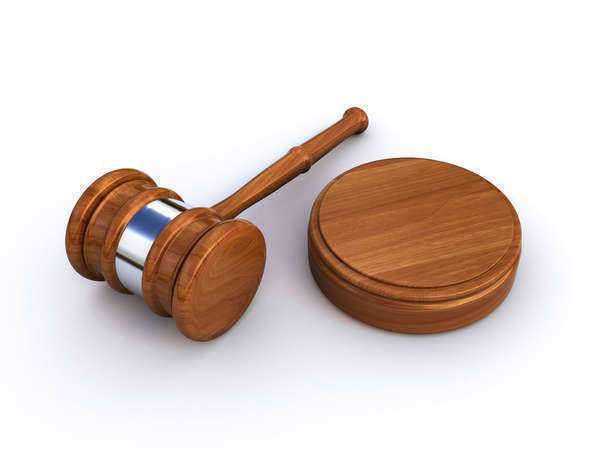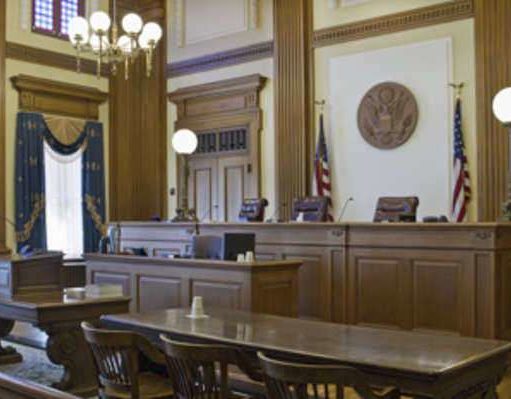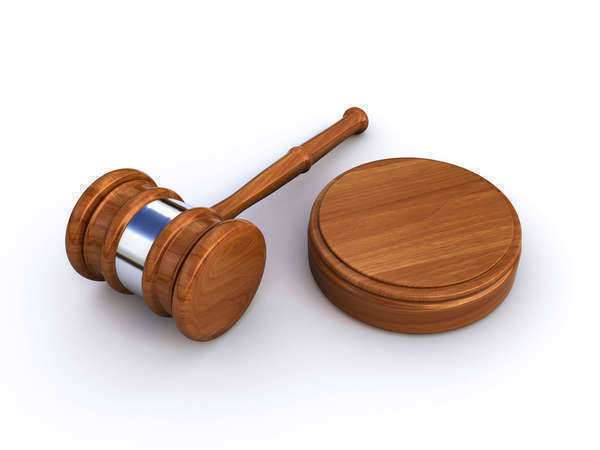The Guilty Verdict

In the United States criminal trials are set in place in order to reprimand those individuals who have committed crimes. There is a large scope of crimes that can be committed, anything from burglary, manslaughter, rape, murder, and various other categories of crimes.
When a crime is committed, it is the job of law enforcement to find the individual or individuals who have committed these crimes. Once the individual is detained, law enforcement can attempt to get a confession out of the individual. Often, those who are considered to be guilty by law enforcement are offered deals by the prosecution in order to get a guilty plea out of the individual. A guilty pleas is an affirmation from the criminal that they have, in fact, committed the crime, and acknowledge that to the legal body.
For those who are guilty of multiple crimes, the guilty plea requires that they acknowledge their guilt with all the crimes they are being charged with. In this case, some of the charges are often lessened if there is a guilty admission.
At the trial, the guilty plea would be made by the defendant through his or her attorney; from there the trial would proceed regarding the facts of the criminal act, and various other aspects. Often prosecution will put out a lightened sentence because of the criminal’s cooperation. Then it is up to the court in order to make the final verdict for the trial. Once the trial is over, and the verdict of guilty has been affirmed, the individual is required to serve their respective sentence.
















